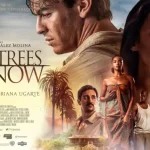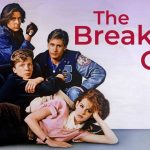Doctor Zhivago (1965)
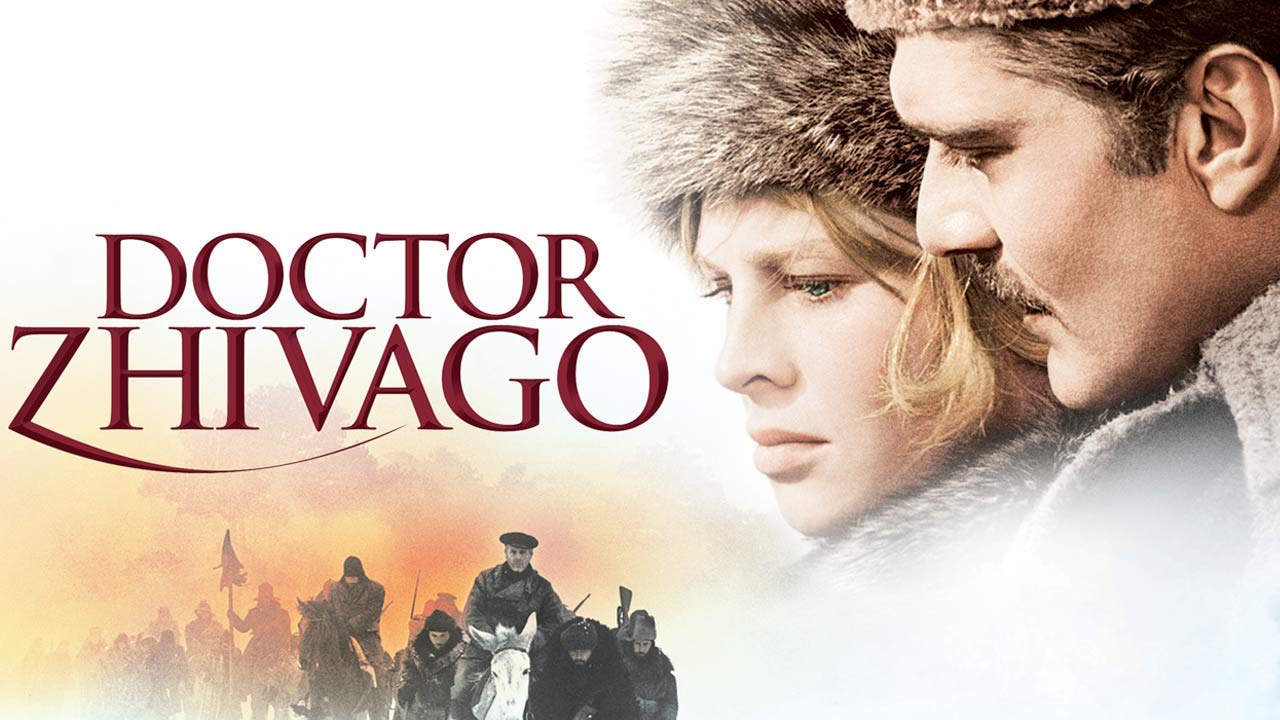
“Doctor Zhivago” (1965) is a British epic film directed by David Lean, based on the famous novel by Russian author Boris Pasternak. The film, set during the turbulent period of the Russian Revolution and the subsequent Russian Civil War, explores the complexities of love, politics, and the human spirit. Pasternak’s novel, which won the Nobel Prize in Literature in 1958, was banned in the Soviet Union for decades, and the film adaptation became a major cinematic event upon its release.
The story of “Doctor Zhivago” centers around Yuri Zhivago (played by Omar Sharif), a doctor and poet caught in the midst of the Russian Revolution. The film weaves together his personal journey with his love for two women: his wife, Tonya (Geraldine Chaplin), and Lara (Julie Christie), a passionate and strong-willed woman who becomes his lover. As the political landscape changes around them, Yuri and Lara’s love affair becomes a symbol of hope, struggle, and the devastating impact of war on personal lives. The film explores how their love is tested by the chaos of the revolution and the ideological forces shaping their world.
Yuri Zhivago is portrayed as a man of deep emotional complexity. His character is shaped by his artistic soul and his desire to live a peaceful life, but the social and political upheavals of Russia force him into situations where he must choose between personal happiness and duty. Lara, on the other hand, is a symbol of resilience and passion, representing the strength of the human spirit in the face of overwhelming circumstances. The development of both characters is deeply intertwined, with their relationship evolving amidst the backdrop of war and revolution, showing how love and personal sacrifice can flourish even in the most challenging times.
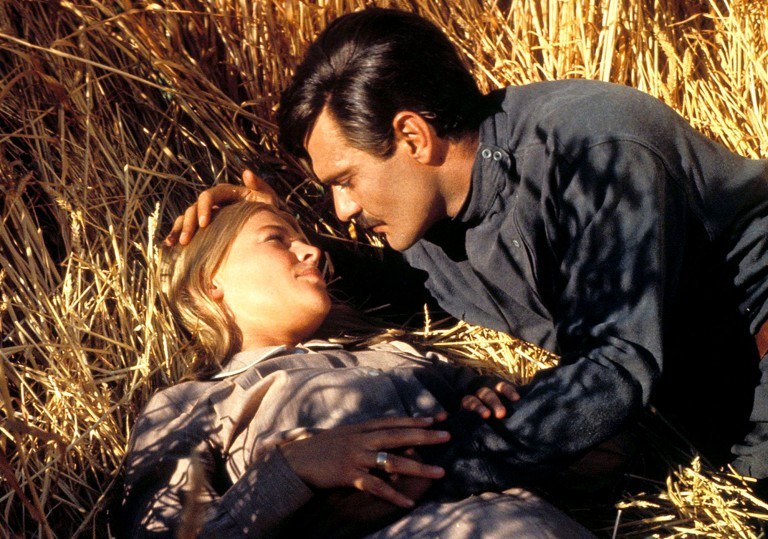
One of the central themes of “Doctor Zhivago” is the intersection of love and war. The film juxtaposes the personal, intimate lives of the characters with the grand political upheavals happening around them. Love, in this context, becomes both a sanctuary and a source of suffering. The film portrays how the characters’ romantic relationships are often disrupted by the forces of war, revolution, and social change. It also highlights how individuals cope with the aftermath of war, grappling with loss, trauma, and the search for meaning in a world turned upside down.
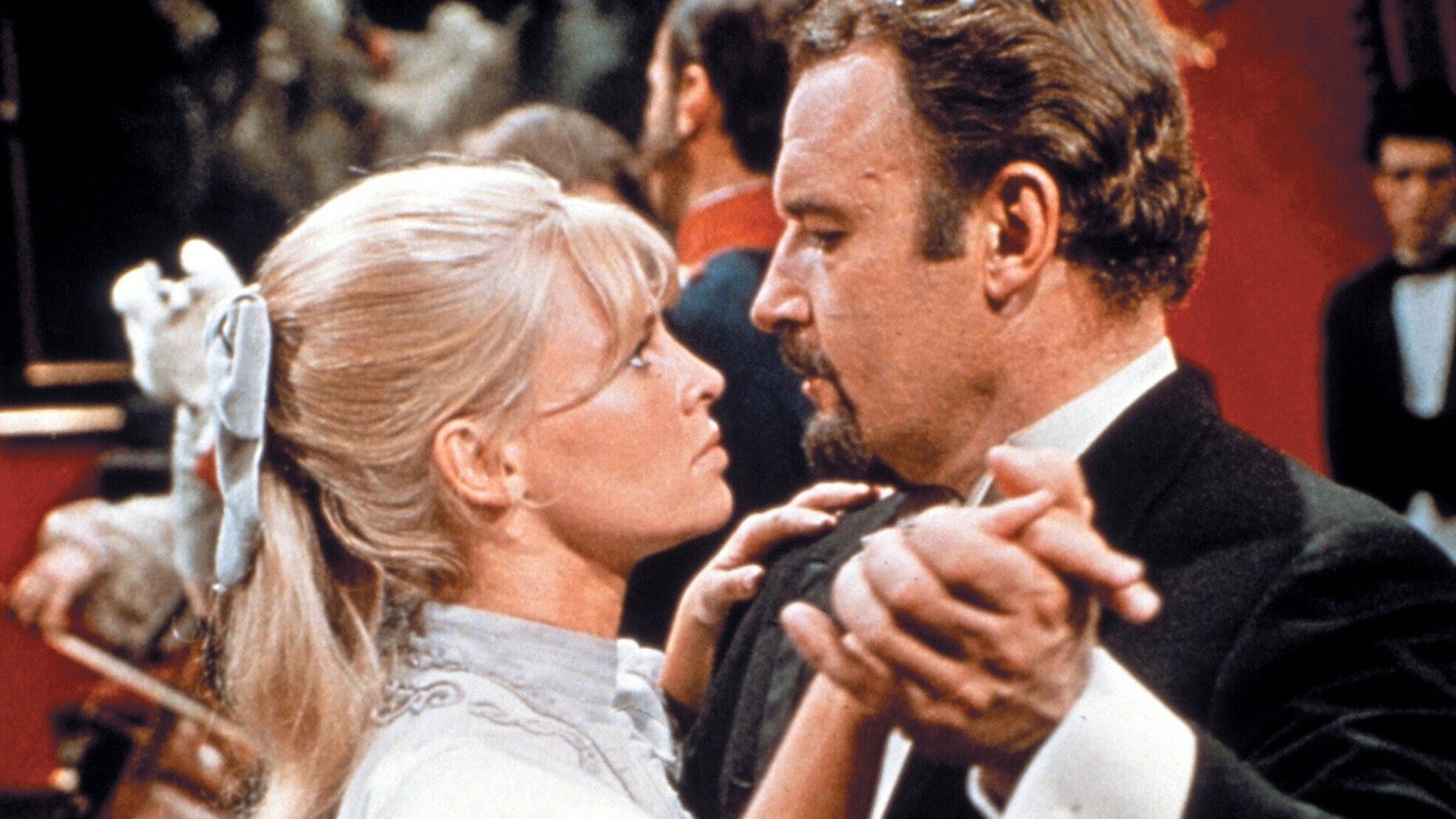
The Russian Revolution serves as the historical backdrop of the film, and it plays a crucial role in shaping the lives of the characters. The political and social turmoil of the time creates a stark contrast between the private lives of the characters and the broader struggles for power. The film offers a poignant reflection on the impact of such major historical events on personal identities, relationships, and the pursuit of happiness. It underscores the tension between individual desires and collective historical forces, particularly in a country undergoing dramatic transformation.
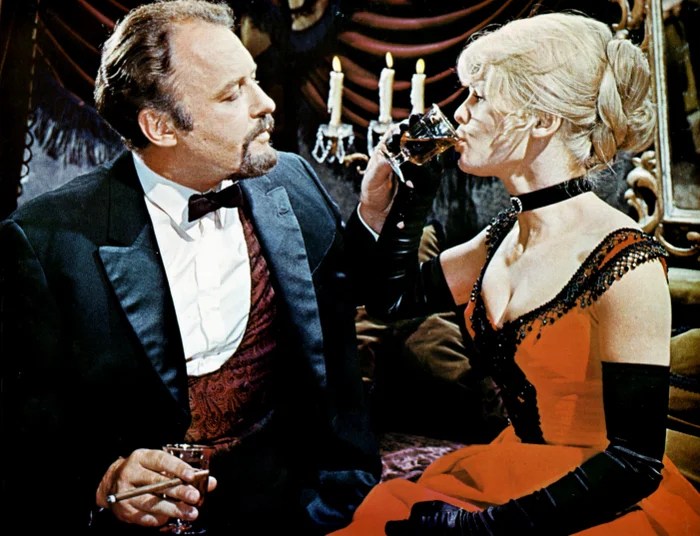
“Doctor Zhivago” is a monumental film that skillfully blends romance, history, and political drama. The direction by David Lean, paired with the stunning cinematography and a memorable score by Maurice Jarre, creates an unforgettable cinematic experience. The film’s portrayal of love amidst the backdrop of war, revolution, and societal upheaval makes it a timeless classic. Although the film deviates from Pasternak’s novel in certain aspects, it remains a powerful exploration of the enduring human spirit, the complexities of love, and the profound effects of history on individual lives. “Doctor Zhivago” continues to resonate with audiences as a poignant reflection on the costs of war and the power of love.




